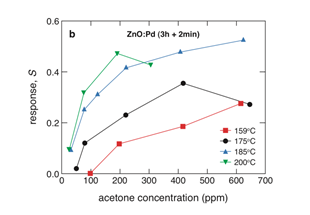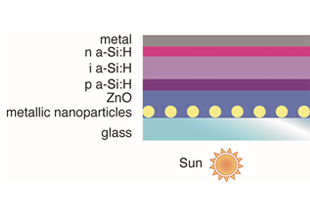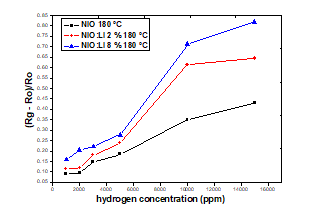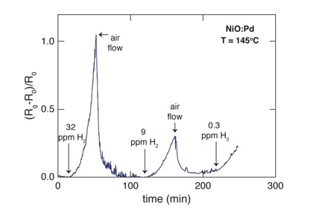Αναζήτηση
ΚΛΕΙΣΙΜΟΑνάπτυξη και εφαρμογές νανοσύνθετων λεπτών υμενίων
Δρ. Mαρία Κάνδυλα
Laser structuring and functionalization of materials and devices
- Laser micro/nanostructuring for smart surfaces, photonic and optoelectronic applications
- Development and applications of nanocomposite thin films
Pulsed Laser Deposition (PLD) is a well-established technique for the development of high-quality thin films. An intense laser pulse irradiates the material to be deposited (the target) and creates a plasma plume, which expands in space and builds a thin film of the target material on a closely positioned substrate. We employ PLD alone and also in combination with other thin-film fabrication methods, such as sol-gel chemistry and sputtering, for the development of nanocomposite thin films and applications. We develop chemoresistive gas sensors based on metal-oxide thin films, such as ZnO and NiO, doped with metallic nanoparticles, such as Au, Pd, etc., and other elements, e.g., Li. These films operate as highly sensitive gas sensors with low detection limit for the early detection of toxic and dangerous gases, such as hydrogen, as well as for gases contained in the human breath, such as acetone, for medical diagnostics. We develop TiO2 thin films, doped with noble metals (Au, Ag, Pd, Pt), for water purification via heterogeneous photocatalysis. Additionally, we develop nanocomposite metal oxide layers with embedded metallic nanoparticles as novel low-cost transparent electrodes, which allow for plasmonic-enhanced light absorption for solar cells and other optoelectronic applications.
Key Publications
Laser structuring and functionalization of materials and devices
- Laser micro/nanostructuring for smart surfaces, photonic and optoelectronic applications
- Development and applications of nanocomposite thin films




